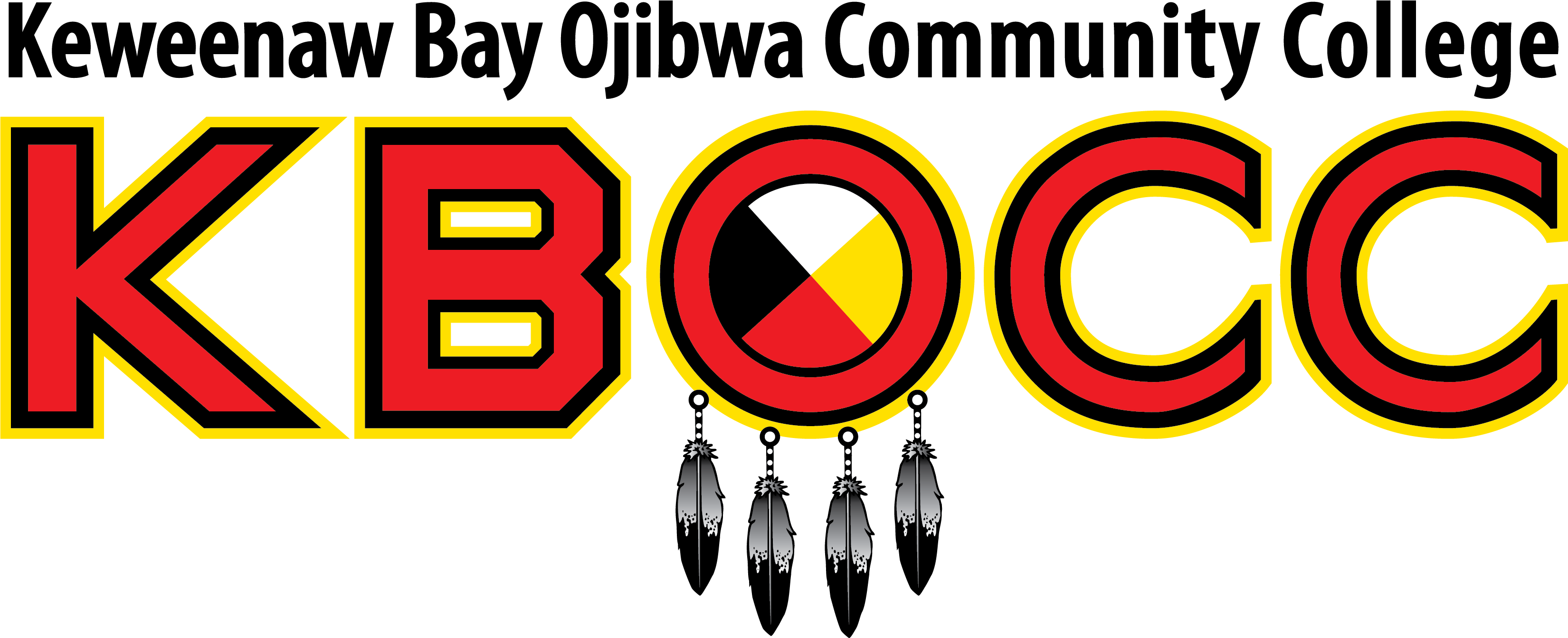PROGRAM SUMMARY
The Associate of Science degree in Environmental Science – Sustainability Emphasis prepares students for natural resource careers and 4-year degree programs that require a strong social science foundation. The curriculum underscores links between emerging environmental issues and human dimensions such as sustainability, policy, justice, economics, and culture. Introductory-level lab science curriculum from the Environmental Science Associate Degree is retained. Students collaborate with Tribal natural resource agency personnel, complete internships, and conduct original research.
PROGRAM REQUIREMENTSGUIDED PATHWAY – FULL TIME STUDENTGUIDED PATHWAY – PART TIME STUDENTPROGRAM OUTCOMES
1. Explain the importance of the natural world in Anishinaabe culture.
2. Explain how environmental processes are affected by human populations.
3. Describe how environmental problems and solutions are shaped by historical, geographical, social, political, economic, and cultural contexts.
4. Conduct environmental research relevant to tribal cultural values by applying the scientific process within indigenous scientific frameworks
5. Deliver a presentation developed from independent research.
FOR MORE INFORMATION, CONTACT:
Dr. Andrew Kozich
Environmental Science Department Chair
akozich@kbocc.edu
(906) 524-8301
Wabanung Campus – Rm 301
PROGRAM REQUIREMENTS
General Education Requirements
College Success Elective (Choose LS103 or LS133) – 2 credits
EN102 College Composition I – 3 credits
EN202 College Composition II – 3 credits
Math Elective (Choose MA130 or MA201) – 4 credits
Anishinaabe Awareness
Anishinaabe Awareness Elective (Choose AS102 or OS110) – 4 credits
EN219 Anishinaabe Environmental Studies – 4 credits
Concentration Requirements
ES110 Introduction to Environmental Science – 4 credits
ES158 Human Geography – 4 credits
ES216 Sustainability – 4 credits
ES217 Environmental Policy – 4 credits
ES218 Environmental Justice and Ethics – 4 credits
BI200 Conservation Biology – 4 credits
Economics Elective (Choose from EC201 or EC202) – 4 credits
Ecology Elective (Choose BI206, BI208 or ES204) – 4 credits
Environmental Science Elective (Choose any BI, ES, or GS lab science elective) – 4 credits
General Elective (Choose any course numbered 100 or higher) – 3 credits
ES298 Internship – 1 credit
ES297 Capstone Seminar – 2 credits
Total Credits Required – 62 credits
